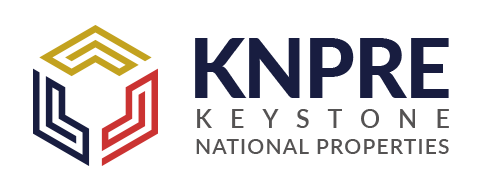The Role of a Qualified Intermediary in a 1031 Exchange
- Keystone
- Aug 13, 2024
- 2 min read
Updated: Feb 17, 2025
Navigating the complexities of a 1031 exchange requires more than just understanding the basics—it demands the expertise of a Qualified Intermediary (QI). This guide breaks down the critical role a QI plays in ensuring a smooth, compliant exchange and how investors can protect themselves from costly mistakes.
Read the full article by Michael Packman in the New York Real Estate Journal for an in-depth look at qualified intermediaries and their role in 1031 exchanges.

What Is a Qualified Intermediary (QI) in a 1031 Exchange?
A successful 1031 exchange relies heavily on the expertise of a Qualified Intermediary (QI), also called an “exchange facilitator.” This specialist ensures compliance with IRS rules, allowing investors to defer capital gains taxes when selling and replacing investment properties.
Key Responsibilities of a Qualified Intermediary
A QI is essential to a 1031 exchange, performing tasks like:
Documentation Assembly: Preparing paperwork for both the sold and replacement properties.
Fund Management: Holding proceeds from the sale in a secure, insured account to ensure the taxpayer doesn’t receive the funds directly.
Facilitating Transactions: Negotiating at arm’s length and managing the transfer of funds to acquire the replacement property.
Compliance and Reporting: Filing a 1099 form to report interest earned and ensuring every transaction aligns with IRS regulations.
Choosing the Right QI
When hiring a QI, consider the following:
Insurance Protection: Ensure the QI has fidelity and errors and omissions insurance to safeguard against negligence or fraud.
Experience and Independence: QIs must be independent third parties with proven real estate law expertise. Avoid using past advisors like realtors, accountants, or close acquaintances.
Staying Current: The QI should be well-versed in the latest IRS guidelines, attending ongoing education to avoid costly mistakes that could jeopardize tax deferrals.
Protecting Your Investment
Engaging a knowledgeable QI minimizes risks and ensures that your 1031 exchange remains compliant. Michael Packman emphasizes that investors should always consult with tax, legal, and accounting advisors to protect their financial interests.
08/13/2024
